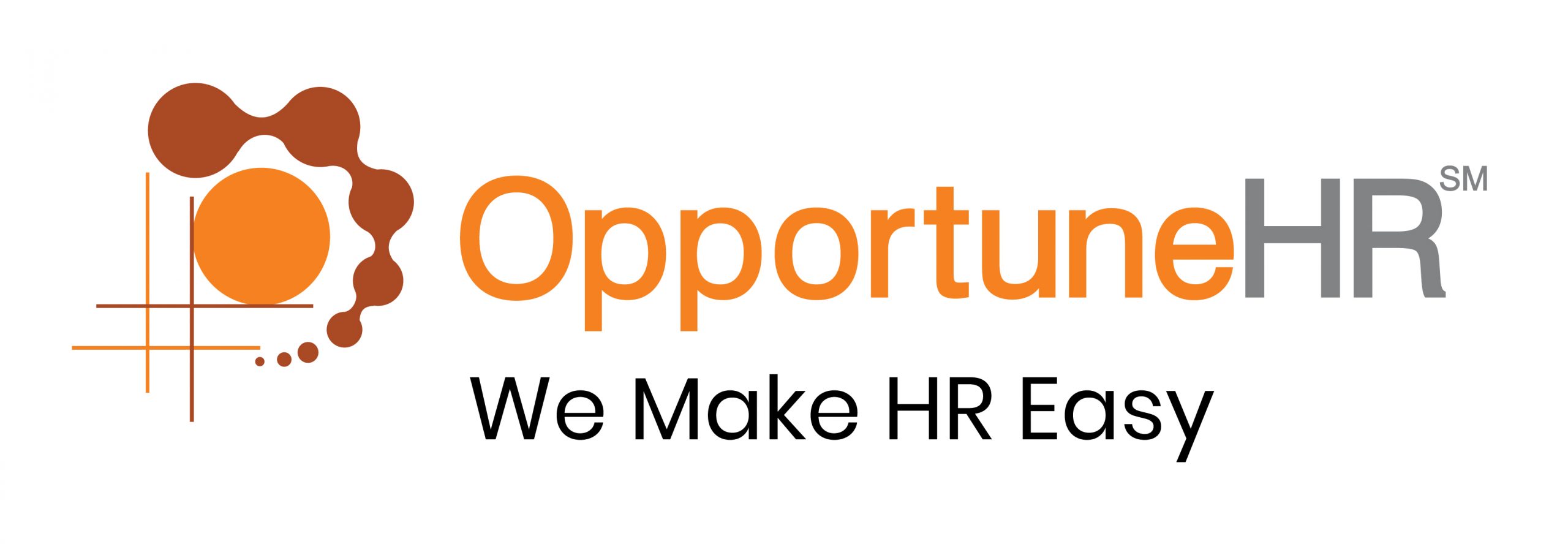Times are changing with evolving pace in the field of remuneration. Gone are the days in Indian market, where an employee used to be satisfied with stagnant fixed salary and once a year petty “diwali” bonus. Keeping in line with international trends, Indian companies too are changing their remuneration structures to suit employee needs in today’s dynamic market place.
Today employees want salary package to offer customization and flexibility in terms of personal finance, taxation, working hours, productivity / revenue basis, Fixed & Variable pay, own performance, Target achievements etc.
Following are the best practices in the industry with regards to flexi-pay options:
1. Customized pay structure:
Today organisations offer employees flexibility to decide how much salary they want to receive under various salary heads. For example, Many international Banks offers its employees flexible arrangement of salary under various heads like basic pay, HRA, Medi claim, DA, travel conveyance etc out of total given Annual Guaranteed Cash (AGC).
Other factor being reimbursement of certain expenses like communicatuin, travel, business promotion etc which are generally incurred by senior profiles. Earning agains these heads are considered as business expense hence provide tax exemptions at certain level and limits. Flexibility is provided depending upon employee choice.
2. Working shifts:
Certain professions are such where employees are supposing to work during night or odd hours. In such profiles, companies offer attractive salary packages and additional facilities to make sure employees feel cared for. They are generally offered better salary as compared to regular timing ones.
3. Revenue / productivity based:
This categorization is generally applicable to sales based profiles that are given specific revenue target to be achieved. Such roles offer potential to make high amount of incentives / variable salary over and above their fixed salary. It keeps employee motivated to achieve far higher revenues for the organisation.
4. Permanent or contract basis
Under this category, depending upon employee preference, they can be either being offered salary under permanent job or contract job. Usually, permanent job involves providing employees other facilities like HRA, health cover, life insurance cover and other special benefits. While contract basis employees are not interested in receiving special facilities rather they prefer more in hand salary.
5. Employee Stock Options (ESOPs)
This is the new age mantra adopted by companies to motivate employees to give their very best and at the same time feel they are part of the business. Under ESOPs, companies allocate certain percentage of shares of the organisations to their employee depending upon their vintage & grade in system. In this way, they are made partners in the business where if the company does well and its stock prices goes up in the market, value of ESOPs will also go up tremendously thereby providing extra benefit to employees. IT companies are one of the earliest and best examples of efficacy of ESOPs which has helped create millionaires in the company in last 20-25 years.
Above categorization briefly depicts evolving methods of compensation in the markets and need to keep oneself abreast with dynamic trends to make sure your biggest asset employees remain satisfied with the organisation.
Share on




